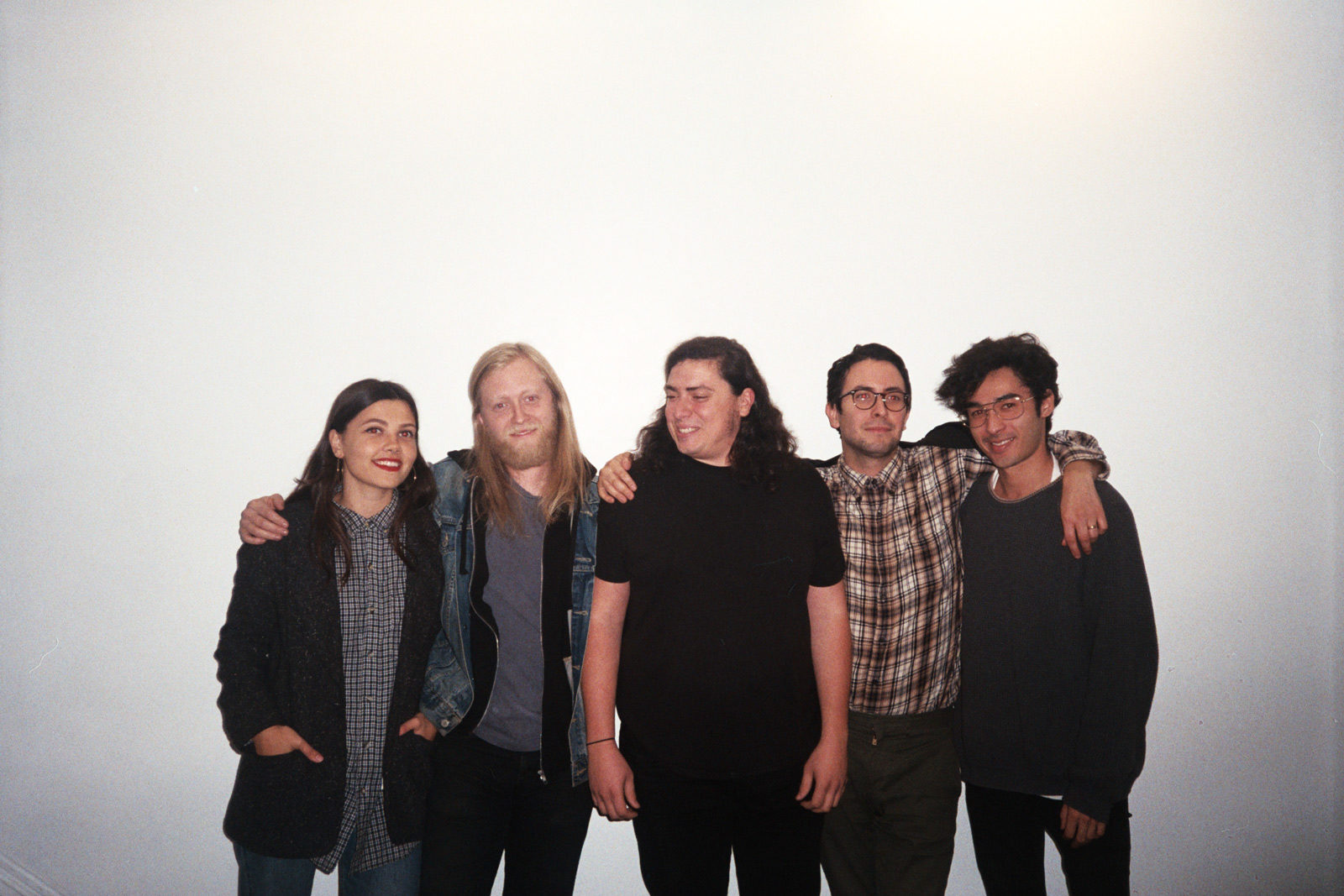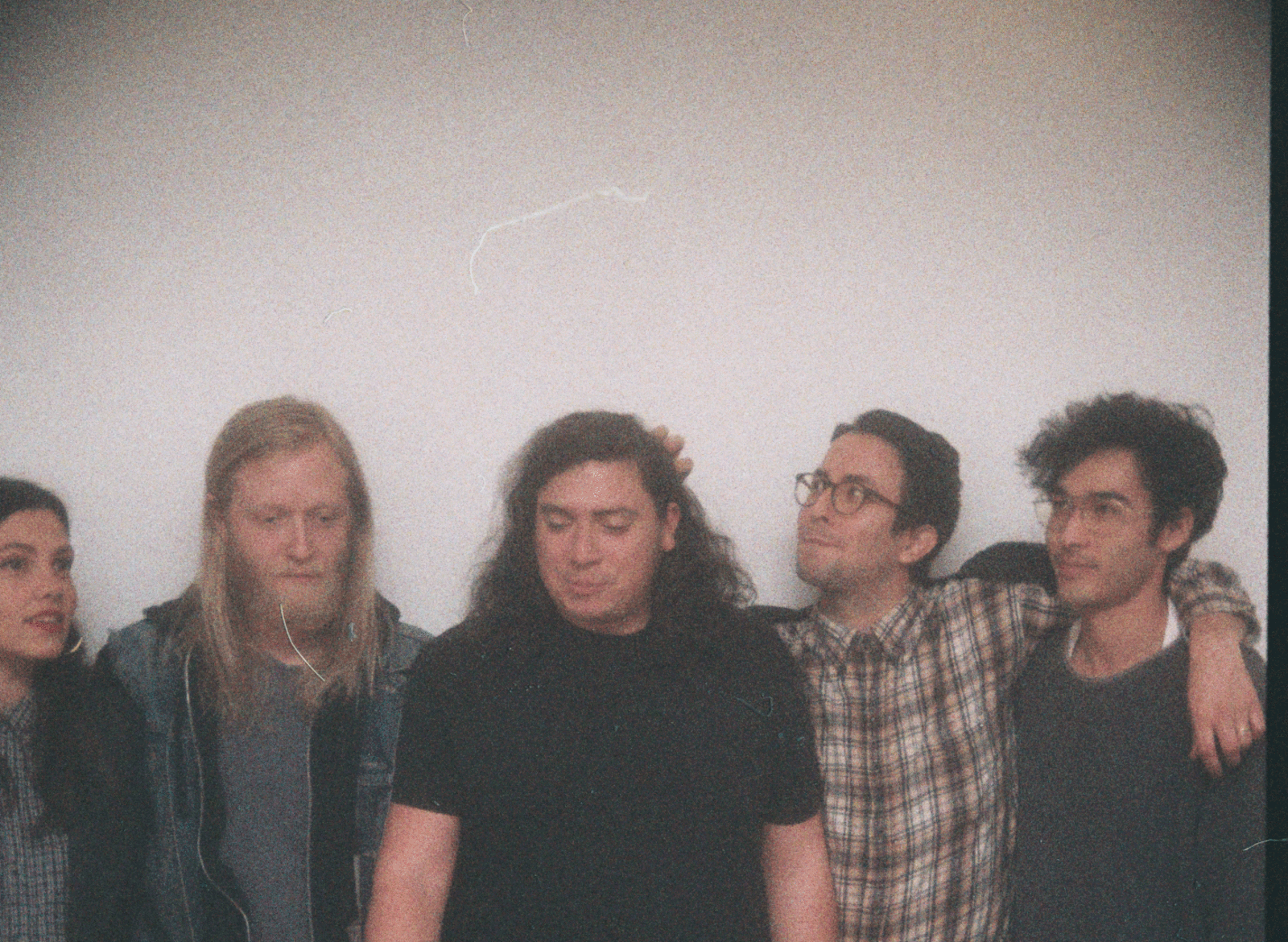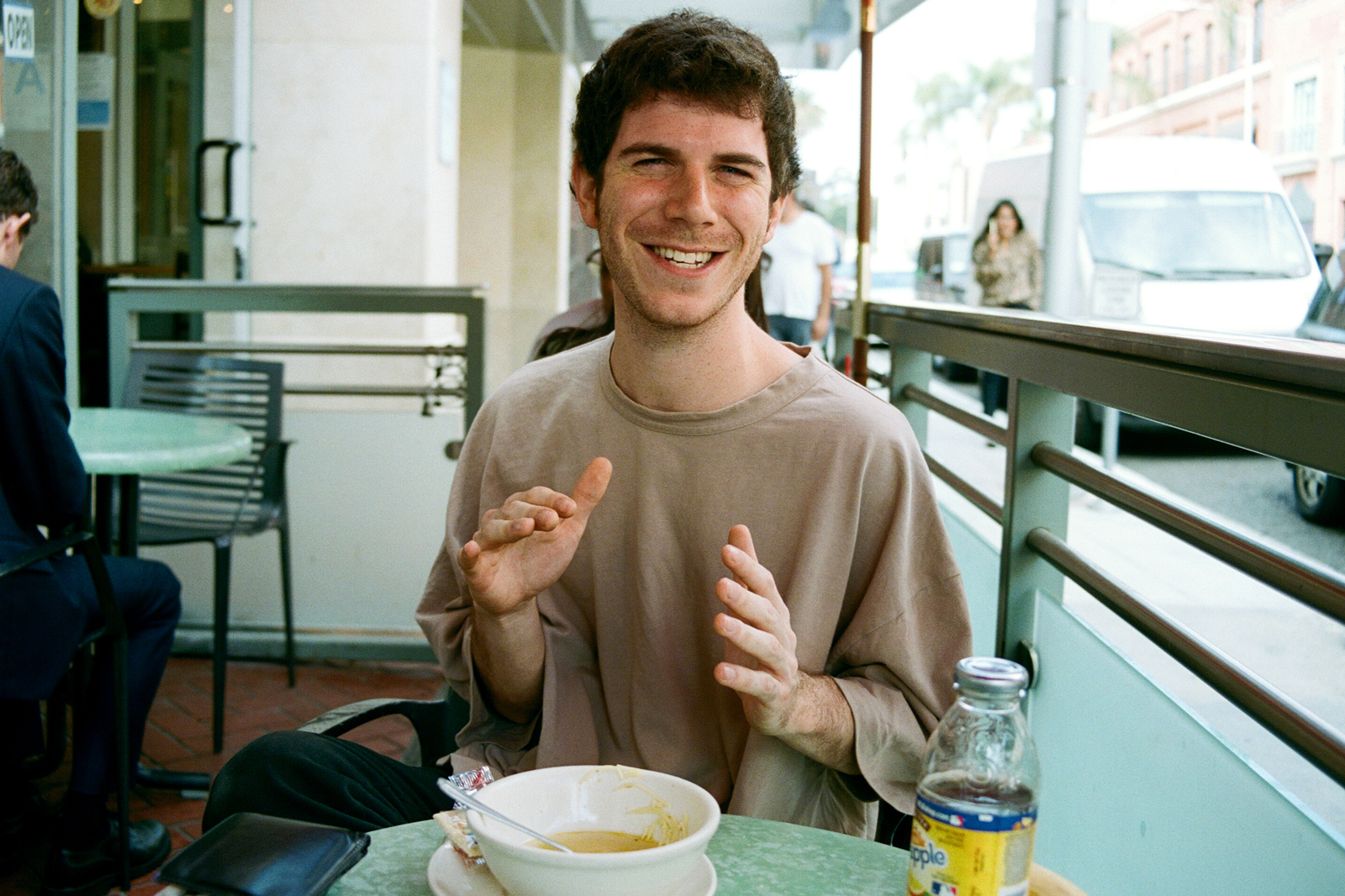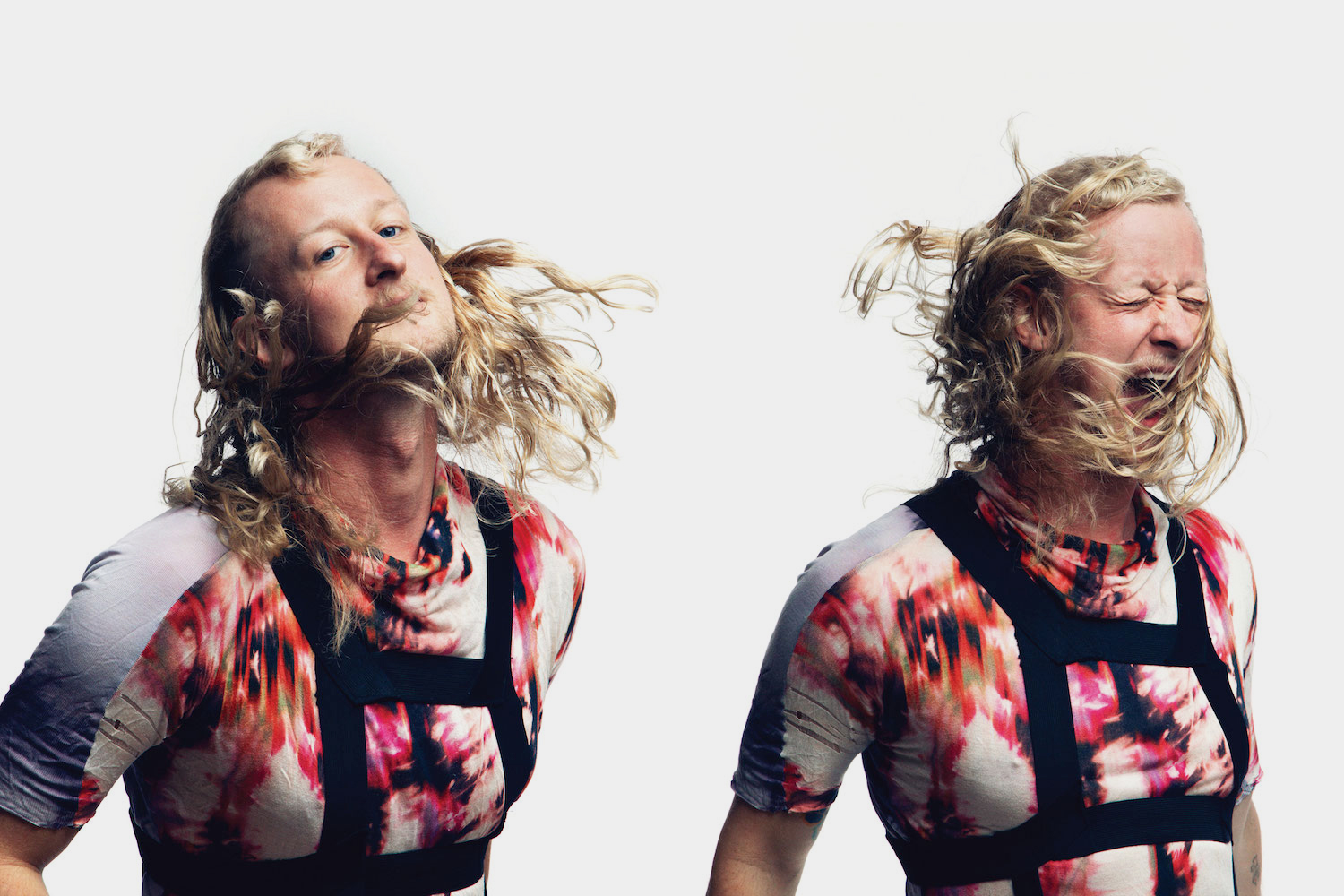Text & Interview: Alec Coiro
Photo: Christian Something
Have you had this experience at a karaoke jam? You decide to sing this super catchy smash hit pop song because you’re sure everyone’s going love it. It was the song of the summer. It’s a lock. But once you’re singing it, you realize you’re just repeating the same couple of phrases over and over again. It’s super awkward. You look out at your friends, and they’re all thumbing through the karaoke books, totally nonplussed by your boring song.
This is the insight I was happy to take away from Spooky Cool: most popular music and for that matter, “indie” music is repetitive and dull. The original rock songs from the ‘50s all cut out after about two minutes because the bands knew that after they squeezed in a sax solo and sang the chorus, there wasn’t a lot left to do. In the case of Spooky Cool, they eschew this sort of minimalism in favor of a complex maximalism. Challenging themselves to emulate composers like Tchaikovsky and Schubert in a rock-type context, the five musicians create music that has been called challenging or mathematical, but might better be simply called interesting. Singing Hryciak lyrics complement the music by being similarly unexpected.
The track we’re featuring today was performed live for Good Day RVA, which not only highlights Spooky Cool’s Richmond pride but also gives an opportunity for us to see complexity in action. They were also kind enough to answer a few questions, so read on and have a listen to the song they describe as “doom-laden.”
These are very exciting songs. How typical are they of the full album you have planned?
“Strange Rooms” and “Black Wine” are perhaps a bit more approachable than some songs on the record, though they’re generally pretty typical with regards to our overall sound.
Unlike most bands I hear, your songs seem to change direction mid-song. Can you take us through the composition process that produces such unique results?
I think we mostly write the same way as any other band writes. Perhaps a key difference would be that we find ourselves bored by a great deal of new music we hear. Predictability is the bane of so much pop. With that in mind, we strive to never let the listener be wholly comfortable with a single idea or movement in our music. We don’t want listeners to feel so at ease. The frequent, sometimes abrupt changes in the songs are a result of our notion that even pop structures can have more movements and room to really evolve.
How did the addition of Paula Lavalle and Zavi Harman transform the dynamic and aesthetic of the group?
Three of our members have been playing music together for a decade, so Paula and Zavi came to a project where the manner of songwriting was pretty firmly established. Paula really helps to embellish our vocal melodies, and we all feel that her voice blends beautifully with, and complicates, what Zac is doing. She adds a theatricality, a femininity, and a sense of humor to our music, characteristics we never want to lose sight of. The material is always in some way filtered through her unique sensibility, and we think the music is richer because of that.
Zavi really crystallizes and expands upon our instrumental ideas. He can receive a guitar part and phrase it differently than it was originally conceived. He’ll add a lyricism we didn’t think could come from that particular line of notes. At the same time, he’s precise, logical, and reasonable about how our music should progress. He sharpens and refines all the melodrama.
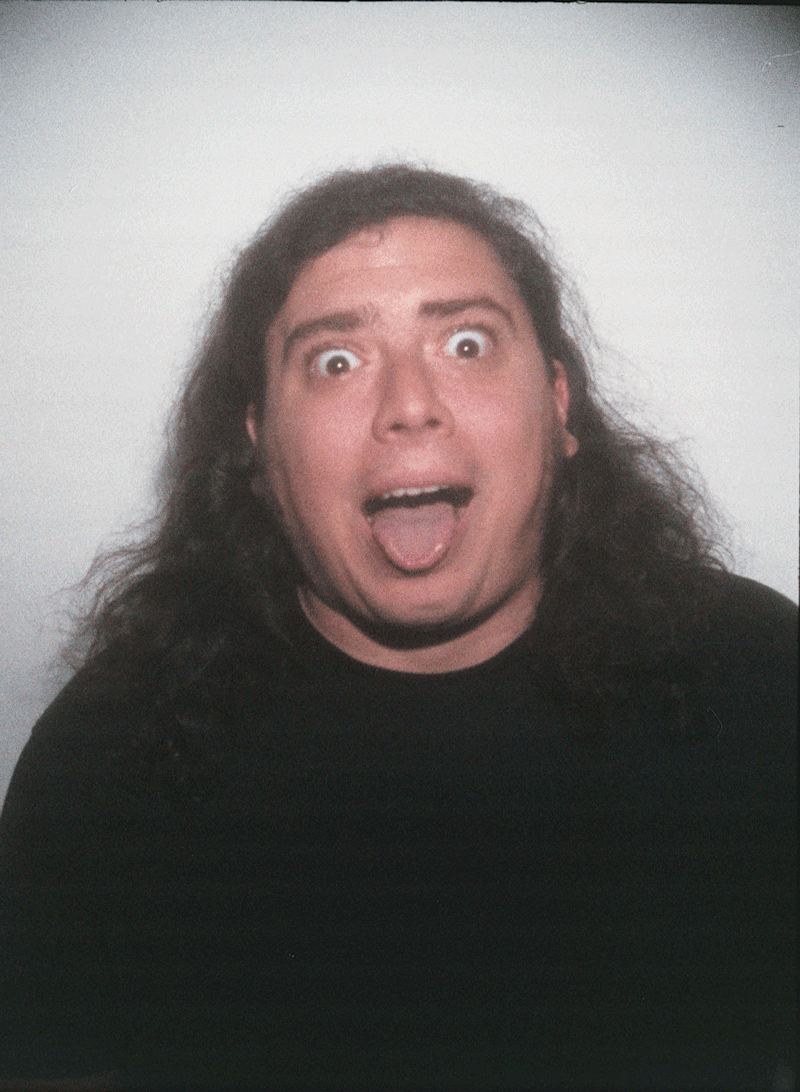


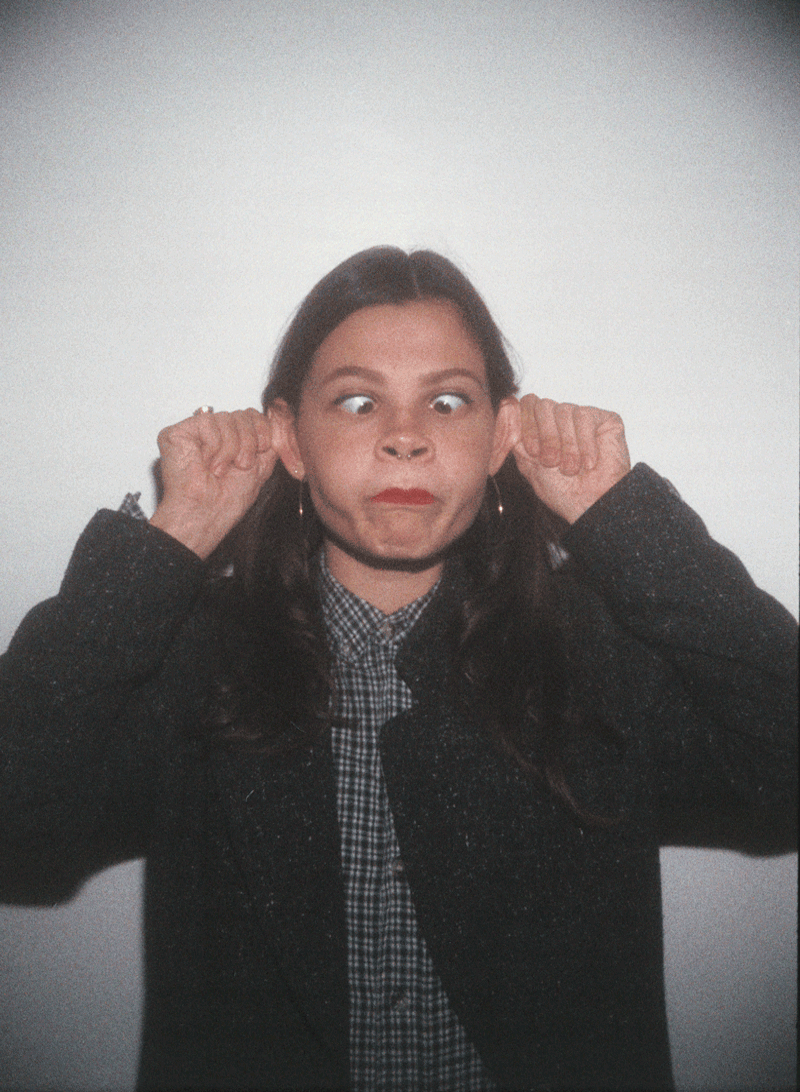
We don’t want listeners to feel so at ease. The frequent, sometimes abrupt changes in the songs are a result of our notion that even pop structures can have more movements and room to really evolve.

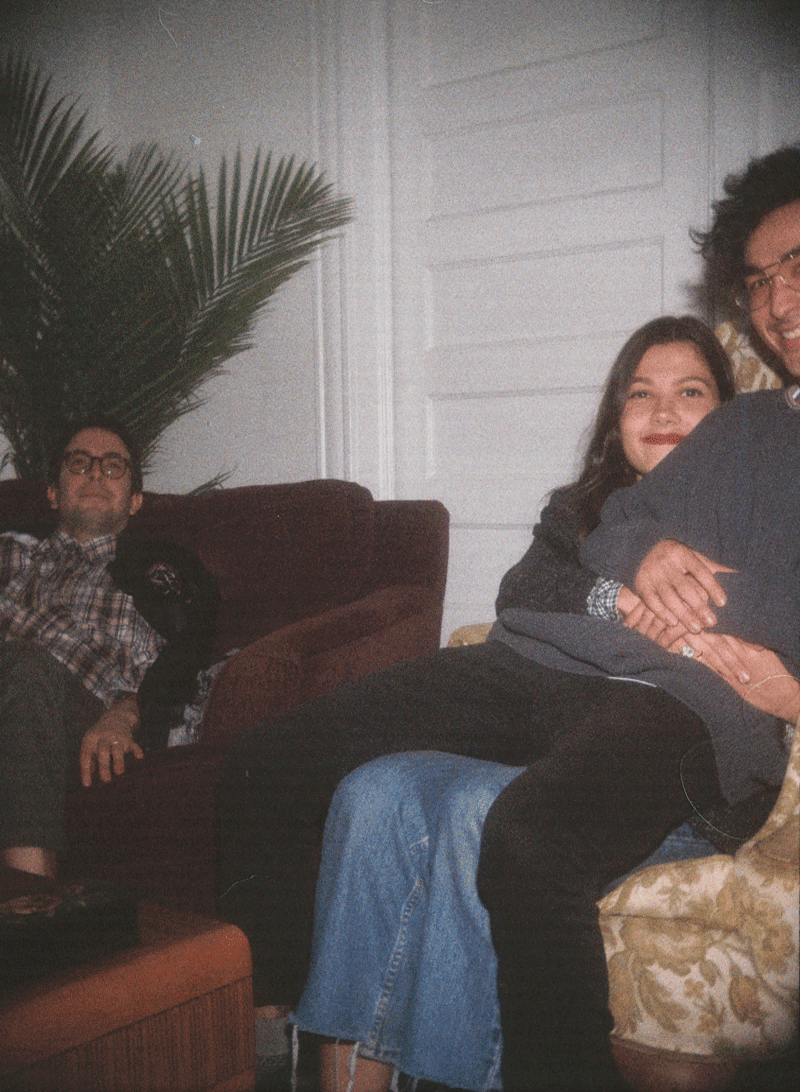
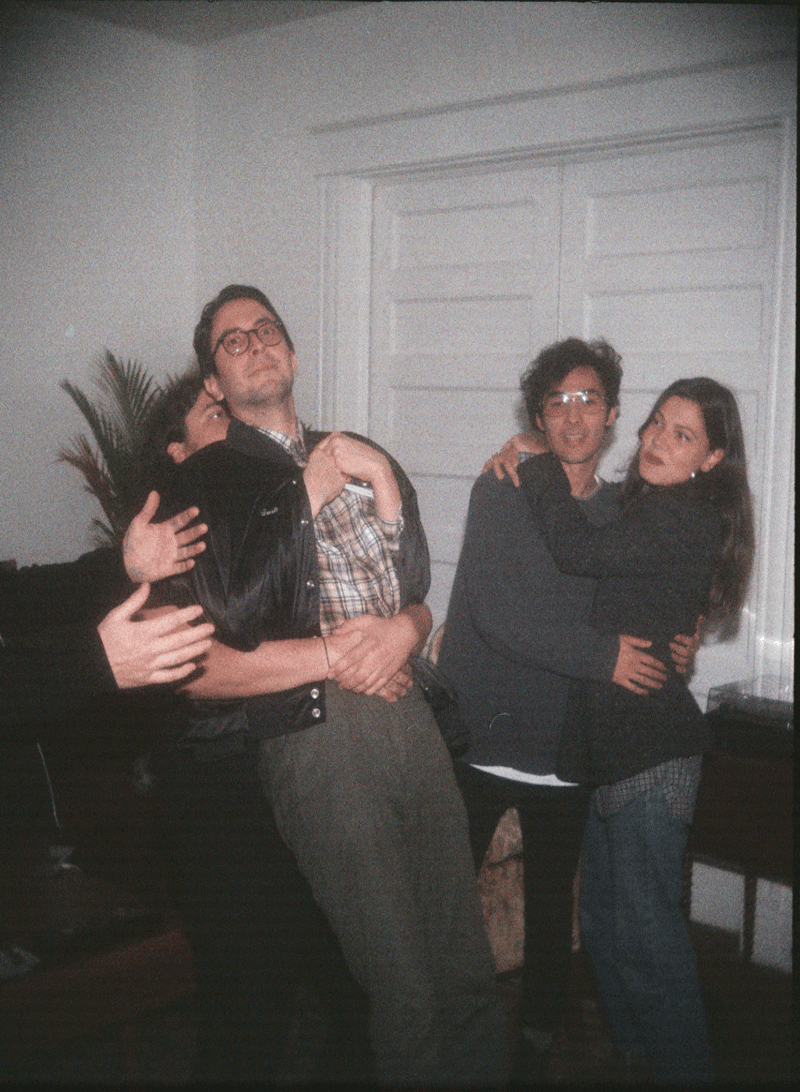
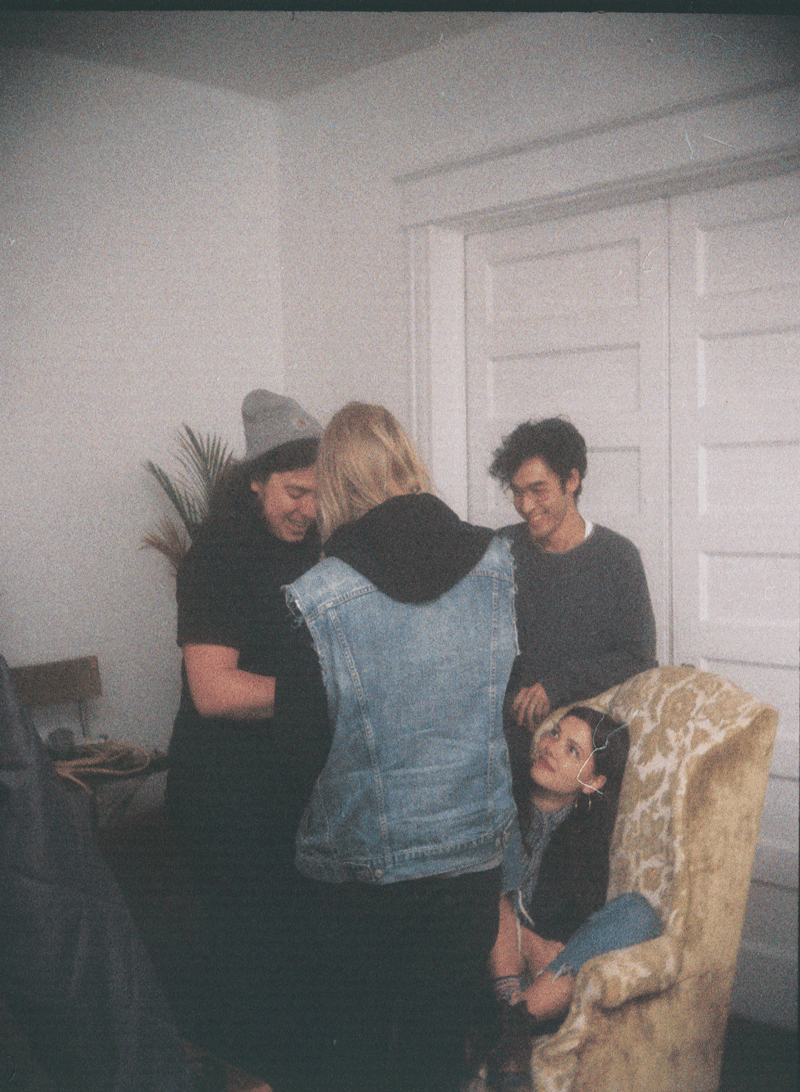
I see that you list Tchaikovsky among your influences; can you talk a little about how the composer translates into your work?
Often, a Tchaikovsky piece–say, his Serenade for Strings— is incredibly sonically and rhythmically diverse moment-by-moment. Though we work within a pop genre and often utilize pop structures, we try to incorporate that sense of variation into our own musical sensibility. We want that kind of complexity. That being said, composers like Tchaikovsky and Schubert are masters of melody. As disruptive as our music can sometimes be, our songs’ melodies are paramount. We’re fucking boloney compared to these guys, and we would never dare try to emulate their work, but why not strive to make melodies which are memorable and stirring?
Where did the idea come from to do a live version of “Black Wine” on video?
We initially approached Chris Damon and Evan Hoffman of Good Day RVA, a non-profit organization that puts out these wonderful live videos. I think they had been into the idea of working with us for some time, but like most things involving band-related business, we procrastinated, something we do really well. But when it finally all came together, they were as interested in letting us be creative voices as we were in taking part in the project. The aesthetic of the video is representative of a visual motif we have been working with recently, and Good Day was super receptive and excited to expand upon it. And “Black Wine” is a pretty doom-laden song, so we wanted the atmosphere of the video to reflect that.
